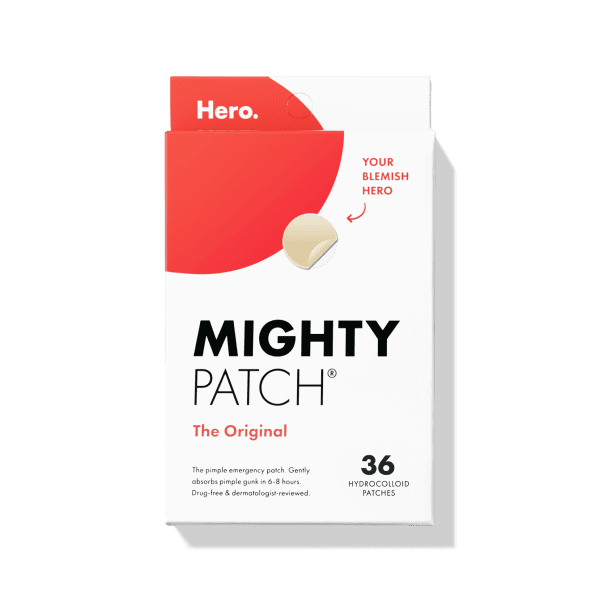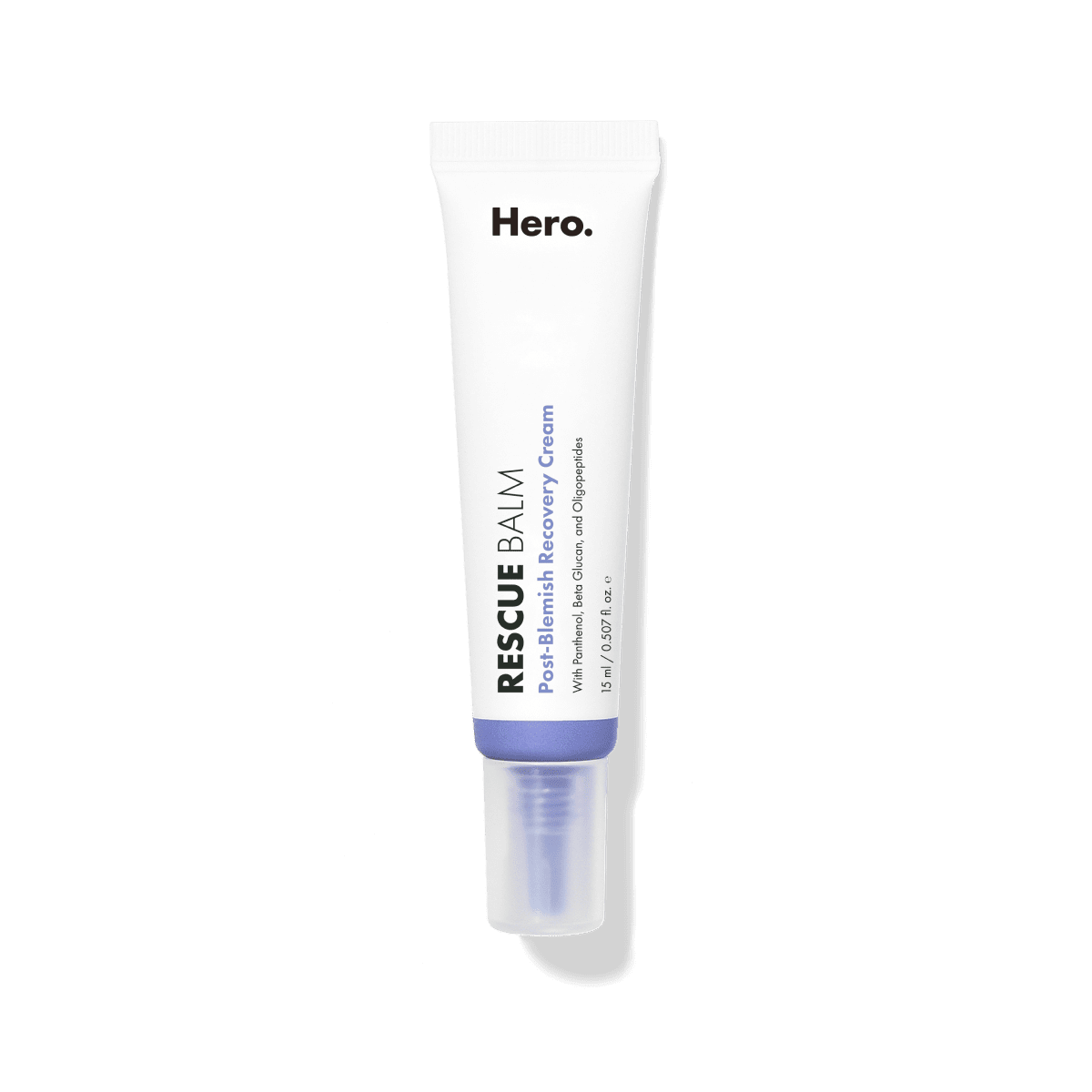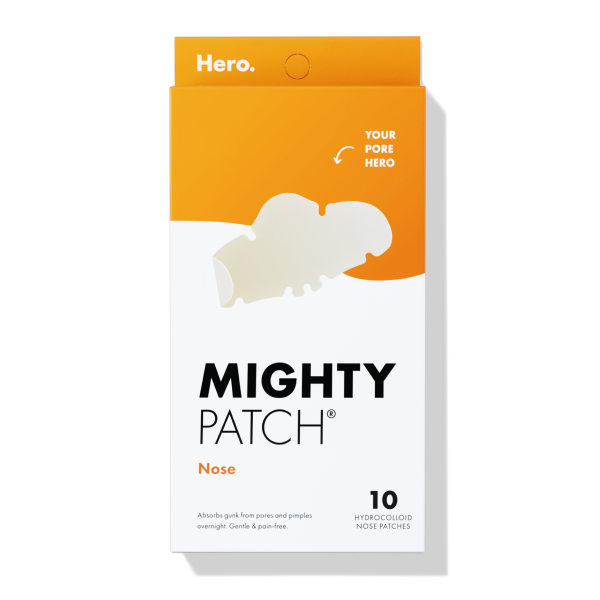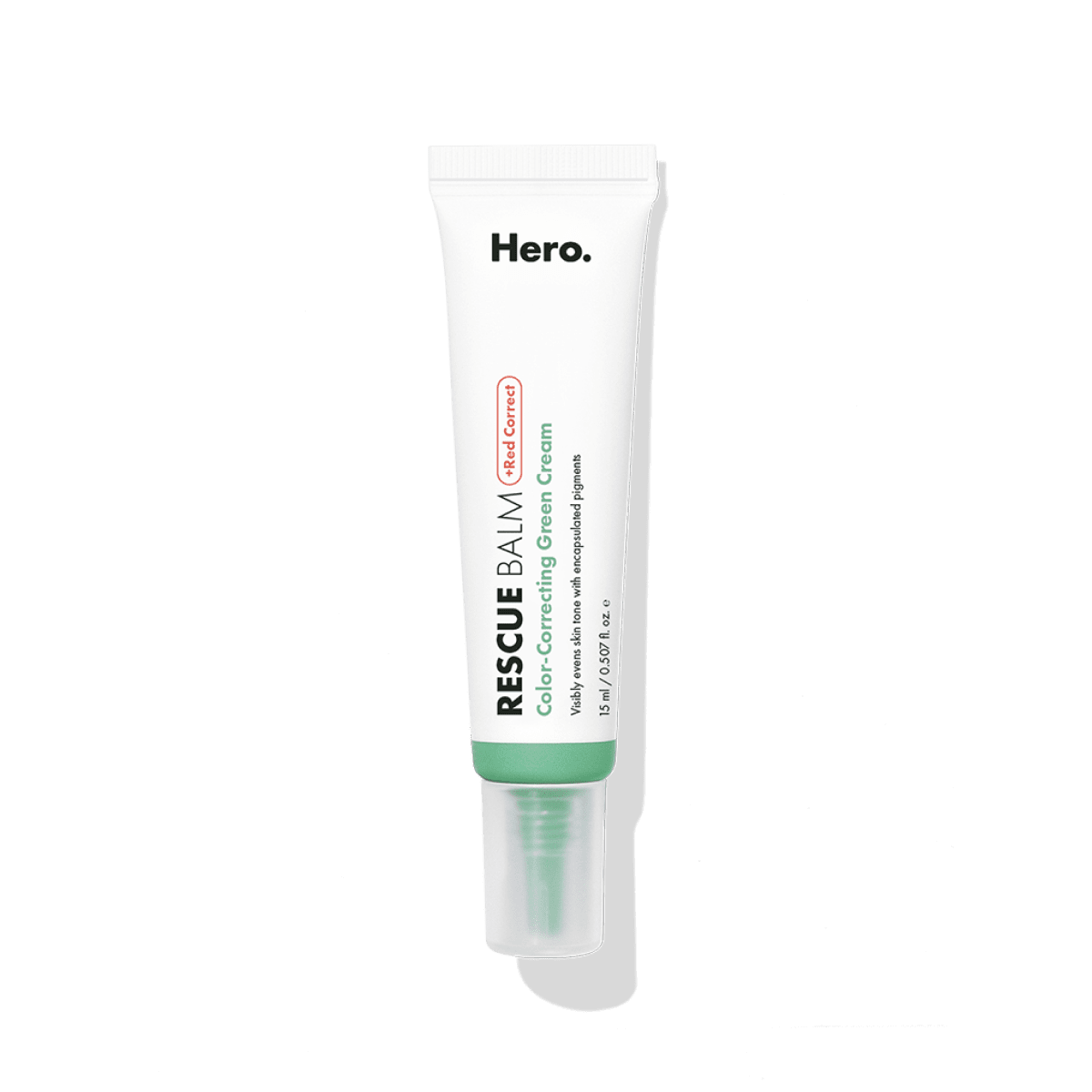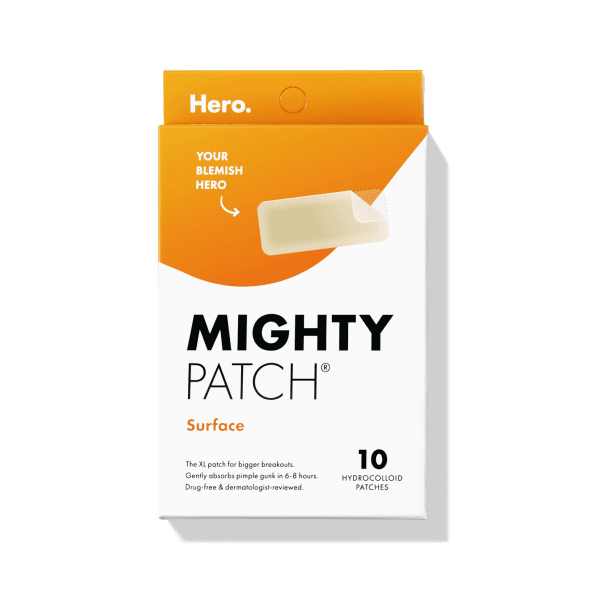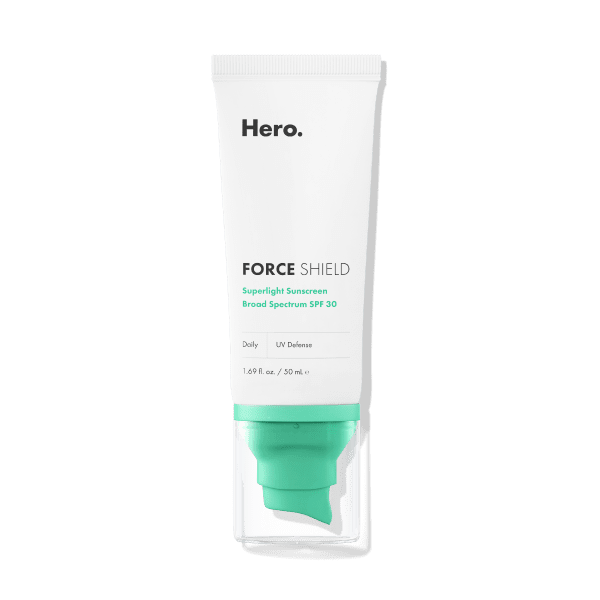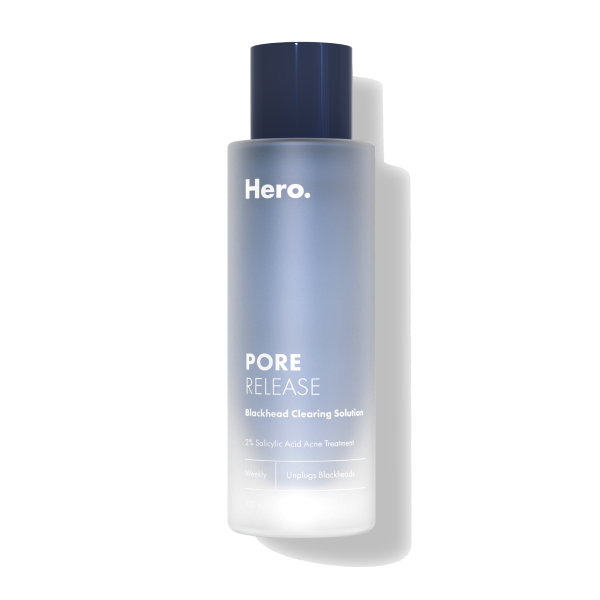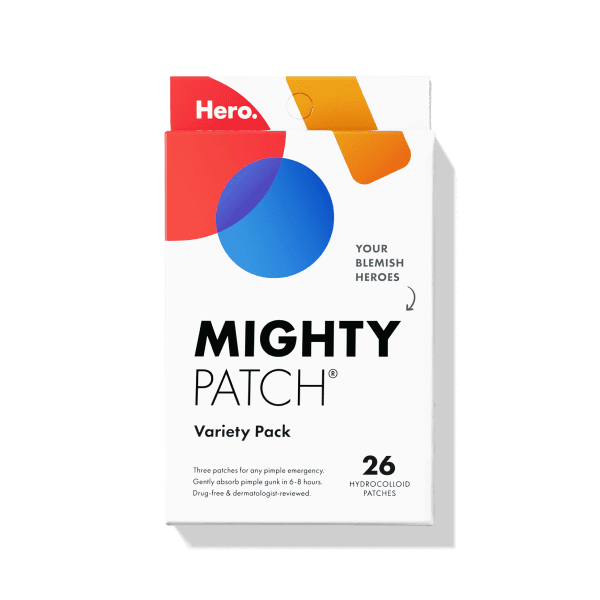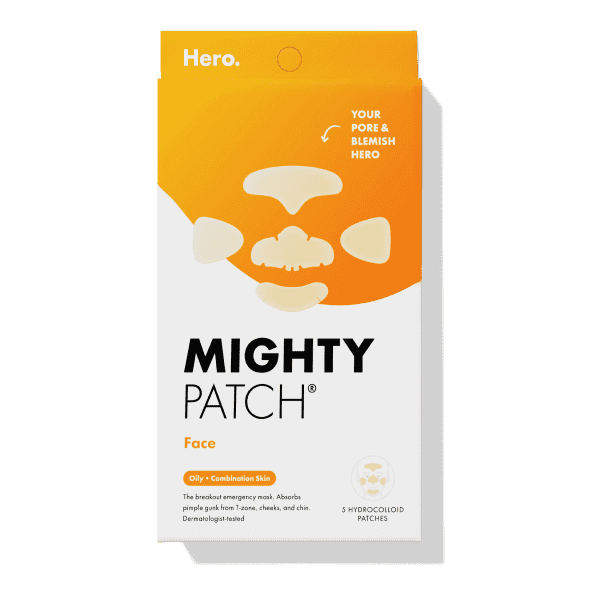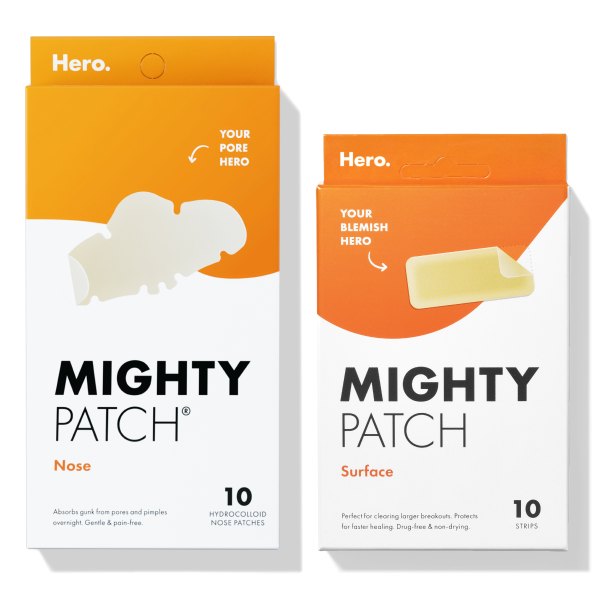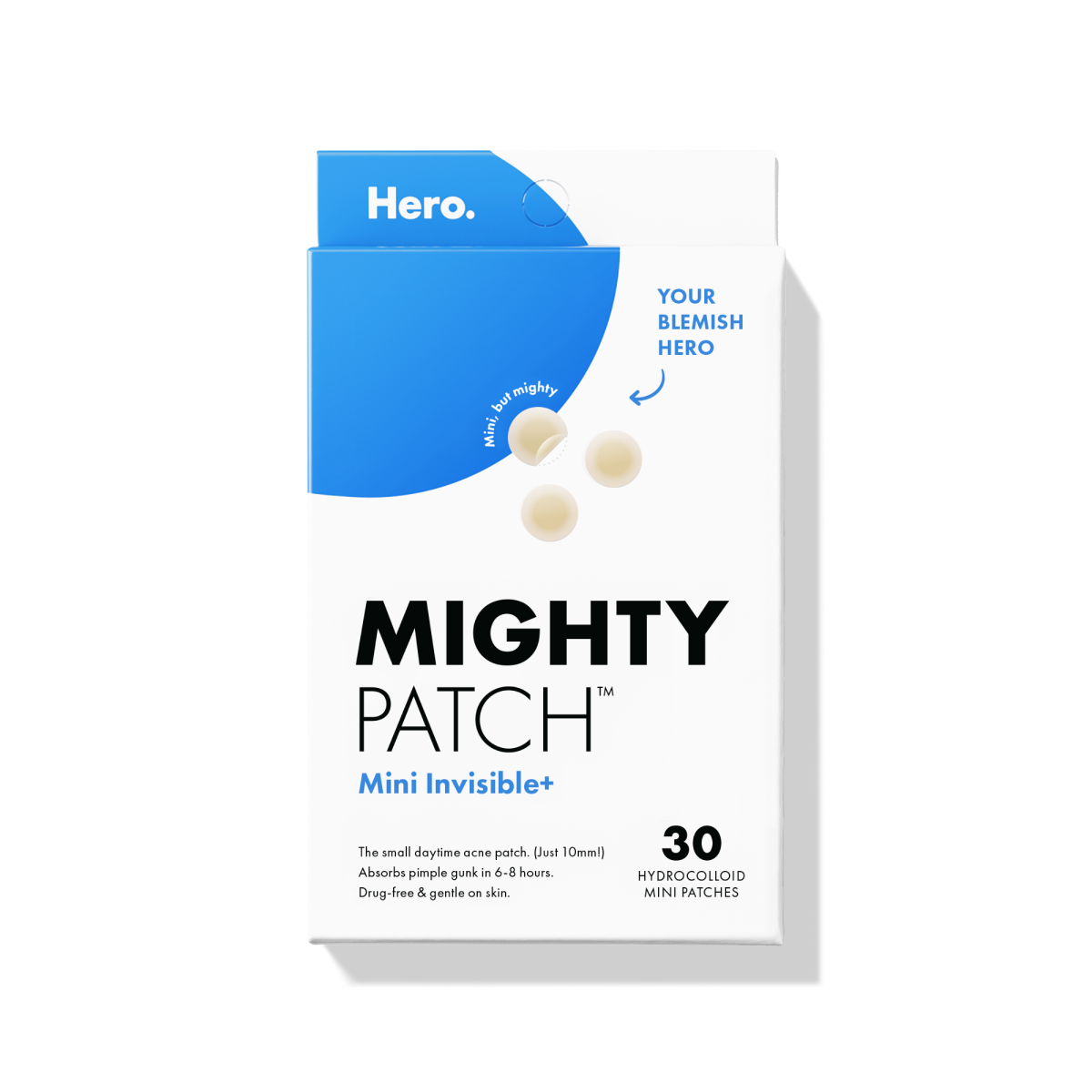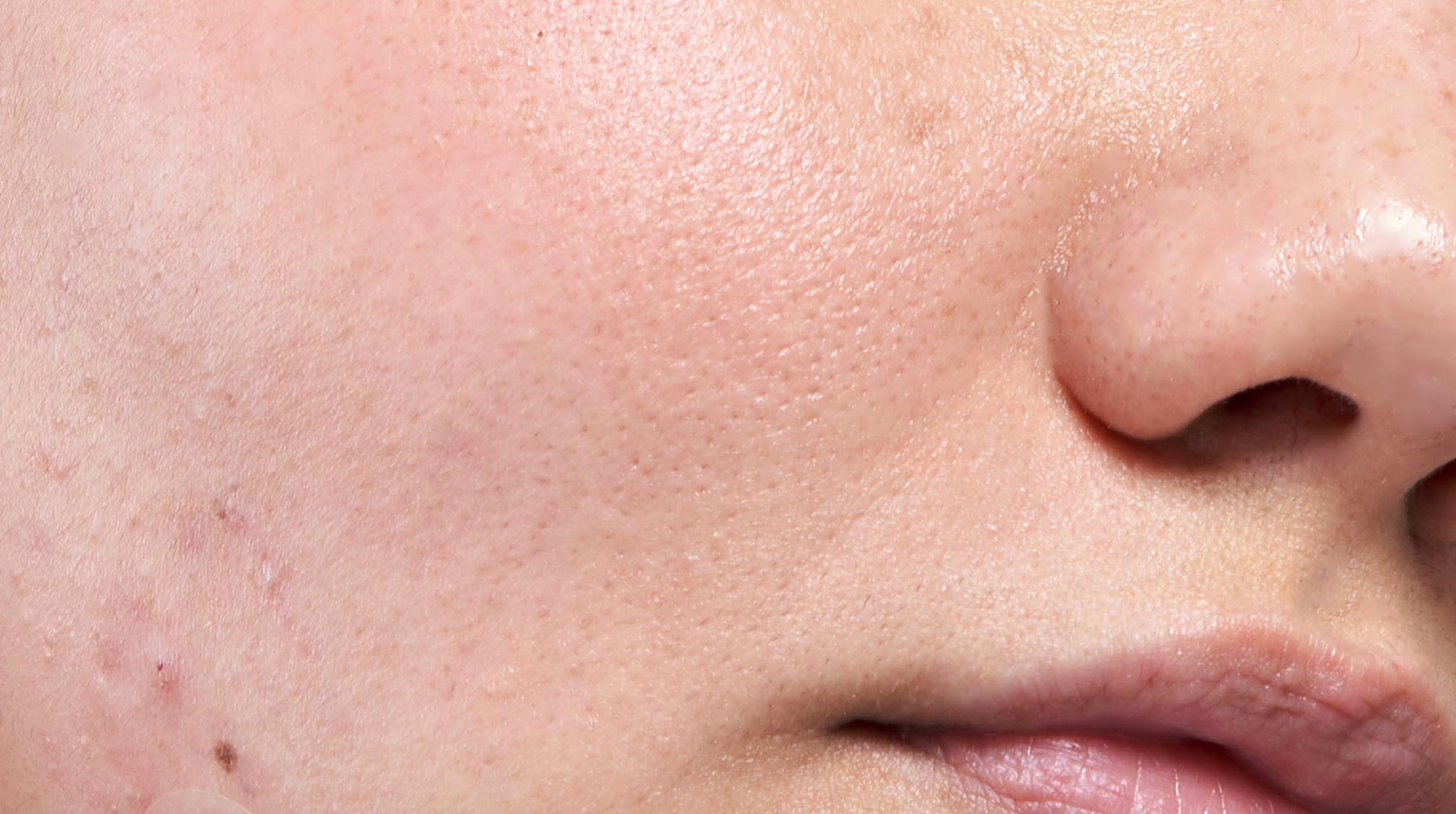
Everyone knows that it’s possible to have too much of a good thing, and that’s basically how sebum works. While it sounds yucky, the yellow, oily substance produced by your sebaceous glands is actually a good thing because it moisturizes your skin and hair. But when your body produces too much sebum, or when it accumulates in a pore, the outcome is oily skin and pimples. Fortunately, there are a few ways to eliminate excess sebum, and that’s exactly what we’re going to discuss today.
Sebaceous glands 101
There are tons of sebaceous glands, which are teeny-tiny sebum-producing glands, all over your body (with the exception of the palms of your hands and soles of your feet). They are most abundant on the scalp and face, which can have as many as 900 sebaceous glands per square centimeter! Sebaceous glands are usually attached to hair follicles (AKA pores).
Each sebaceous gland secretes sebum, a mixture of fats (triglycerides, wax esters, squalene and cholesterol) and cellular debris, which is discharged and pushed up to the skin’s surface through the hair follicle. Sebum keeps skin healthy in three primary ways: it blocks too much water from penetrating the surface, it prevents skin from losing too much water and it protects skin from bacteria and fungus.
What happens when your body produces too much sebum?
While hormones are the primary regulators of sebum production, genetics, age, medication, topical products and environment are all factors in the amount of sebum that the body produces. When the sebaceous glands go into overdrive, excess sebum can collect and form sebaceous filaments, or sebum plugs. From a distance, sebum plugs often appear as little black dots, but they are actually a clearish-yellow color (like sebum itself).
If sebum plugs then mix with dead skin cells and bacteria, the combination can trigger acne, typically in the form of whiteheads or blackheads. And if the follicle wall breaks down from sebum buildup, pustules can also form.
RELATED READ: Say Goodbye to Grease. 7 Tips for Tackling Oily Skin
Not to be confused with ...
While many of the bumps that appear our faces are due to sebum plugs and clogged pores, others (especially forehead bumps and bumps under eyes) can be caused by other conditions, such as:
- Sebaceous hyperplasia is a harmless enlargement of the sebaceous glands. Hyperplasia typically affects middle-aged or older adults and looks like yellowish-white bumps on the face around the forehead, cheeks and/or nose.
- Milia are small, hard white bumps under eyes or on other areas on the face. They develop when keratin becomes trapped underneath the surface of the skin. Unlike whiteheads or blackheads, milia are not a sign of clogged pores.
What to do about all that sebum
Now that we’ve covered everything you’ve ever wanted to know about sebum and sebaceous glands, let’s discuss how to minimize the shine and sebum that can ultimately cause breakouts. When you choose your cleanser and topicals, look for three key sebum-busting ingredients:
- Salicylic acid - The OG degreaser, salicylic acid will help to break down sebum that is trapped or plugged in your pores. Look for treatments and washes with 2% salicylic acid, which is strong enough to remove excess oil and exfoliate dead cells but won’t dry out your skin.
- Glycolic acid - An effective alpha hydroxy acid (AHA), glycolic acid naturally exfoliates to help dissolve sebaceous filaments and shed dead skin cells. Combine with willow bark extract, a natural form of salicylic acid, for an extra exfoliating boost.
- Retinoids - Because they prompt skin cells to turn over and die, retinoids can help to loosen and eliminate sebum plugs. They will also help to shrink the appearance of pores and sebaceous hyperplasia.
As with any new skincare treatments, remember to start sparingly. If you overdo it with any of these ingredients, your skin can become too dry, prompting your sebaceous glands to produce more oil!

